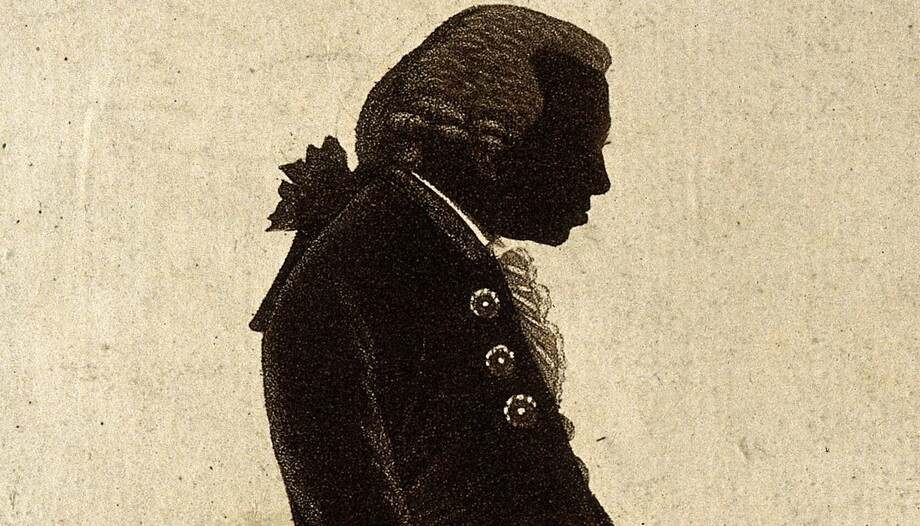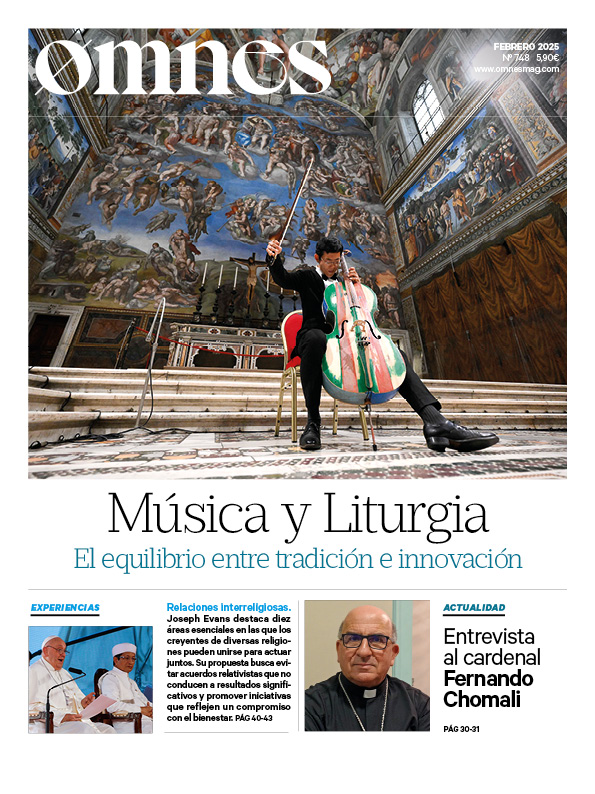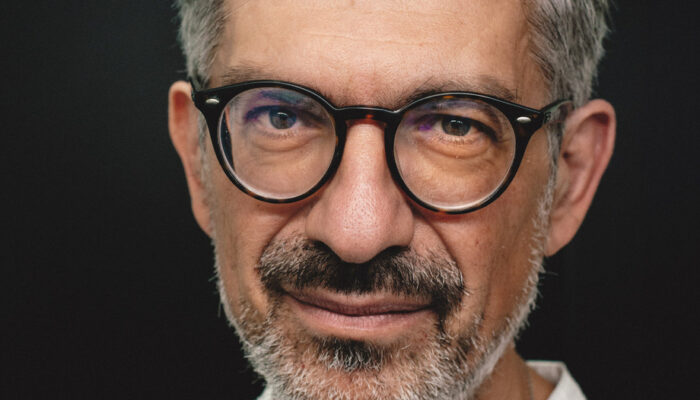The recent biography by Manfred Kuehn (2024) reveals a Kant little known to the general public and who was an excellent host and devoted friend. Associated with the Enlightenment, he witnessed the birth of the modern world, and his thought is both an expression of a fast-paced era and a way out of its aporias, becoming one of the most influential thinkers of modern Europe and universal philosophy.
Kant's life spans almost the entire 18th century. His coming of age witnessed some of the most significant changes in the Western world-changes that still resonate today. It was the period during which the world we live in today originated. Kant's philosophy was very much an expression of and a response to those changes. His intellectual life reflected the most significant speculative, political and scientific developments of the time. His views are reactions to the cultural climate of his time. English and French philosophy, science, literature, politics and manners formed the fabric of his daily conversations. Even events as relatively distant as the American and French revolutions had a definite impact on Kant, and thus also on his work. His philosophy must be viewed in this global context.
Immanuel, who later changed his name to Immanuel, was the son of Johann Georg Kant (1683-1746), a master saddler in Königsberg, and Anna Regina Reuter (1697-1737), daughter of another saddler in the same city. Kant was the fourth child of the couple, although when he was born only a five-year-old sister survived. On the day he was baptized, his mother wrote in her prayer book, "May God keep him according to His Promise of Grace to the end of his days, for the love of Jesus Christ, Amen." The name imposed seemed to her to be a very good omen. This prayer was not only the expression of a pious longing, but it also responded to a real desire and expressed a very deep feeling. Of the five siblings born after Kant, only three survived early childhood.
Education received
The great philosopher always kept a deep appreciation for the education received from his parents, mainly through his life example. His family was affected by professional quarrels between different guilds: "... in spite of them, my parents treated their enemies with such respect and consideration and with such firm confidence in the future that the memory of this incident will never be erased from my memory, even though I was only a boy at the time".
Years later, his friend Kraus wrote: "Kant once remarked to me that when he looked more closely at the education in the house of a count not far from Königsberg... he often thought of the incomparably nobler training he had received at home from his parents. He was very grateful to them for that, adding that he had never heard or seen anything indecent in their house."
Kant had only good things to say about his parents. Thus, in a letter from later in his life he wrote: "Both my parents (who belonged to the artisan class) were perfectly honest, morally decent and disciplined. They did not bequeath me a fortune (but neither did they leave me debts). And, from the moral point of view, they gave me an absolutely superb education. Every time I think of this I am overcome with feelings of the most intense gratitude.".
His mother died at the age of forty, when the future philosopher was only 13 years old and was deeply affected. She died infected by the illness of a sick friend whom she cared for on her deathbed. Kant wrote years later that "her death was a sacrifice to friendship." When his father died in 1746, a nearly twenty-one-year-old Immanuel wrote in the family Bible: "On March 24 my dear father has left us with a peaceful death... May God, who did not bring him many joys in this life, allow him to share in eternal bliss.".
Kant and religion
Kant's parents were religious people strongly influenced by Pietism, a religious movement within the Protestant churches of Germany that was largely a reaction to the formalism of Protestant orthodoxy. Pietists stressed the importance of independent Bible study, personal devotion, the exercise of the priesthood among the laity, and a faith embodied in acts of charity. It usually involved insistence on a personal experience of radical conversion or rebirth and disregard for worldly success, which could often be precisely dated. The "old self" had to be overcome by the "new self" in a battle fought with the help of God's grace. Each believer was to form in his environment a small church of "true Christians.", different from the formal church that may have strayed from the true meaning of Christianity.
About the religious ideas of his parents, which would appear as the "demands of sanctity" in Kant's second "Critique," he also wrote: "Even if the religious ideas of that time... and the conceptions of what was called virtue and piety were not clear and sufficient, people were really virtuous and pious. One can say as many evils as one likes about pietism. But the people who took it seriously were characterized by a certain kind of dignity. They possessed the noblest qualities that a human being can have: that tranquility and gentleness, that inner peace which is undisturbed by any passion. No need, no quarrel could enrage them or make them anyone's enemy."
Education of children
In his "Lessons on Pedagogy" (1803) he will leave good ideas for the moral education of children, who must be taught the common duties towards oneself and towards others. Duties based on "a certain dignity that the human being possesses in his inner nature which dignifies him in comparison with all other creatures. It is his duty not to deny this dignity of humanity in his own person".
Drunkenness, unnatural sins and all kinds of excesses are for Kant examples of that loss of dignity by which we place ourselves below the level of animals. The action of "groveling"-drawing in compliments and begging for favors-also places us below human dignity. Lying should be avoided, for it "makes human beings the object of general contempt and tends to rob the child of his or her self-respect.", something that everyone should possess. And when a child avoids another child because he is poorer, when he pushes him or hits him, we should make him understand that such behavior contradicts the right of humanity.
In his "Metaphysics of morals". (1785) offers the example of a man who abandons his project of dedication to an activity that pleases him "immediately, though reluctantly, at the thought that if he were to pursue it he would have to omit one of his duties as a civil servant or neglect a sick father", and that in so behaving he was testing his freedom to the utmost degree.
Kant was horrified when he recalled his school years at the Collegium Fridericianum and, with some exception, said of his professors that "they would be incapable of lighting a fire with a possible spark of our mind about philosophy or mathematics, but would prove very good at putting them out.". Kant recognized that "it is very difficult for every individual to get out of that minority of age, which has almost become his nature... Principles and formulas, mechanical instruments of rational use - or rather abuse - of his natural endowments, are the shackles of a permanent minority of age"..
Faced with the rigorism of his teachers, he wrote in his lessons on anthropology that playing cards "cultivates us, tempers our spirits and teaches us to control our emotions. In this sense it can exert a beneficial influence on our morality.". Because of several unpleasant experiences with soldiers in his city, his concept of the military establishment was not very high.
In his work "The Only Possible Argument in a Demonstration of the Existence of God". (1763) Kant ends by stating that "it is absolutely necessary to be convinced that God exists; but that His existence has to be demonstrated, however, is not equally necessary.". And in his "Observations on the sentiment of the beautiful and the sublime". (1764) comments that "Men who act according to principles are very few, which is even very convenient, because these principles easily turn out to be wrong, and then the harm that results from this goes so much further the more general the principle is and the firmer the person who has adopted it" (1764).. Kant thought that at the age of forty the definitive character was acquired and he thought that the first and most relevant maxim to judge the character of a person is that of truthfulness with oneself and with others.
In a famous passage from the "Critique of Practical Reason". (1788) Kant says: "Two things fill the mind with admiration and respect, ever new and growing the more frequently reflection deals with them: the starry sky above me and the moral law within me.".
He was an enthusiastic supporter of the French Revolution, which he saw as the first practical triumph of the philosophy that had helped to create a government based on the principles of an orderly and rationally constructed system. In his work "Religion within the Limits of Mere Reason." (1794) states that it may happen that "the person of the master of the only religion valid for all worlds is a mystery, that his appearance on earth and his disappearance from it, that his eventful life and his passion are pure miracles... that the very history of the life of the great master is itself a miracle (a supernatural revelation); we can give to all these miracles whatever value we wish, and honor even the envelope... which has set in motion a doctrine that is inscribed in our hearts...".
In 1799, when his weakness was not yet very evident, Kant affirmed to some of his acquaintances: "My lords, I am old and weak, and you must regard me as a child... I am not afraid of death; I shall know how to die. I swear to you before God that, if I feel death approaching during the night, I will join my hands and exclaim God be praised. But if an evil demon were to stand at my back and whisper in my ear: You have made human beings unhappy, then my reaction would be very different.". On February 12, 1804 Kant died at 11:00 a.m., two months short of his 80th birthday.








